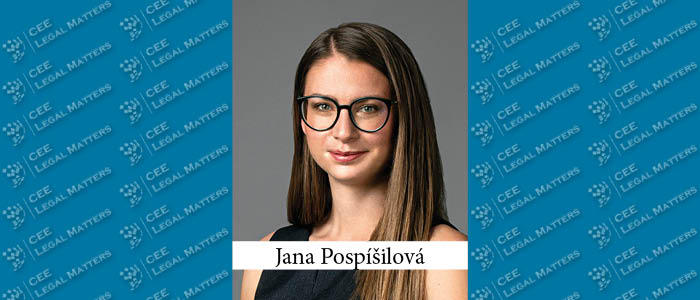The EU is taking another legislative step in the fight against climate change. The Carbon Border Adjustment Mechanism (CBAM) is set to become a complement to emissions trading and later replace it entirely, according to a new regulation.
The aim of introducing the CBAM is to reduce greenhouse gas emissions in relation to imported products so that imported products are not favoured over EU products covered by the emissions trading scheme.
How will the CBAM work?
Customs authorities will issue greenhouse gas emission certificates that importers will purchase at a price set by the Commission as the average price of EU ETS allowances on the common auction platform. The price will be published regularly on the Commission's website. Importers will then submit a declaration to the customs authority by 31 May for the previous calendar year, also indicating the total quantity of goods imported, the total emissions in tonnes of CO2 per tonne of goods and the total number of certificates surrendered. The value of the certificates surrendered should correspond to the value of the emissions for the imported goods. If the value of the emissions is higher, the importer will purchase and surrender additional certificates. If, on the other hand, there is a surplus of certificates, a buyback can be requested. In the case of a buyback, the price of the certificate is equal to the price at which the importer purchased the certificate.
Companies should first check whether their products will be subject to the CBAM. If so, the amount of emissions per tonne of goods needs to be calculated. Given the fluctuating prices of certificates, it will be necessary to analyse when would be a good time to buy them.
The regulation should start to apply from 1 October 2023 for the time being, but only on a limited basis. It will apply in full from 1 January 2026.
By Jana Pospisilova, Associate, JSK Law Firm, PONTES


